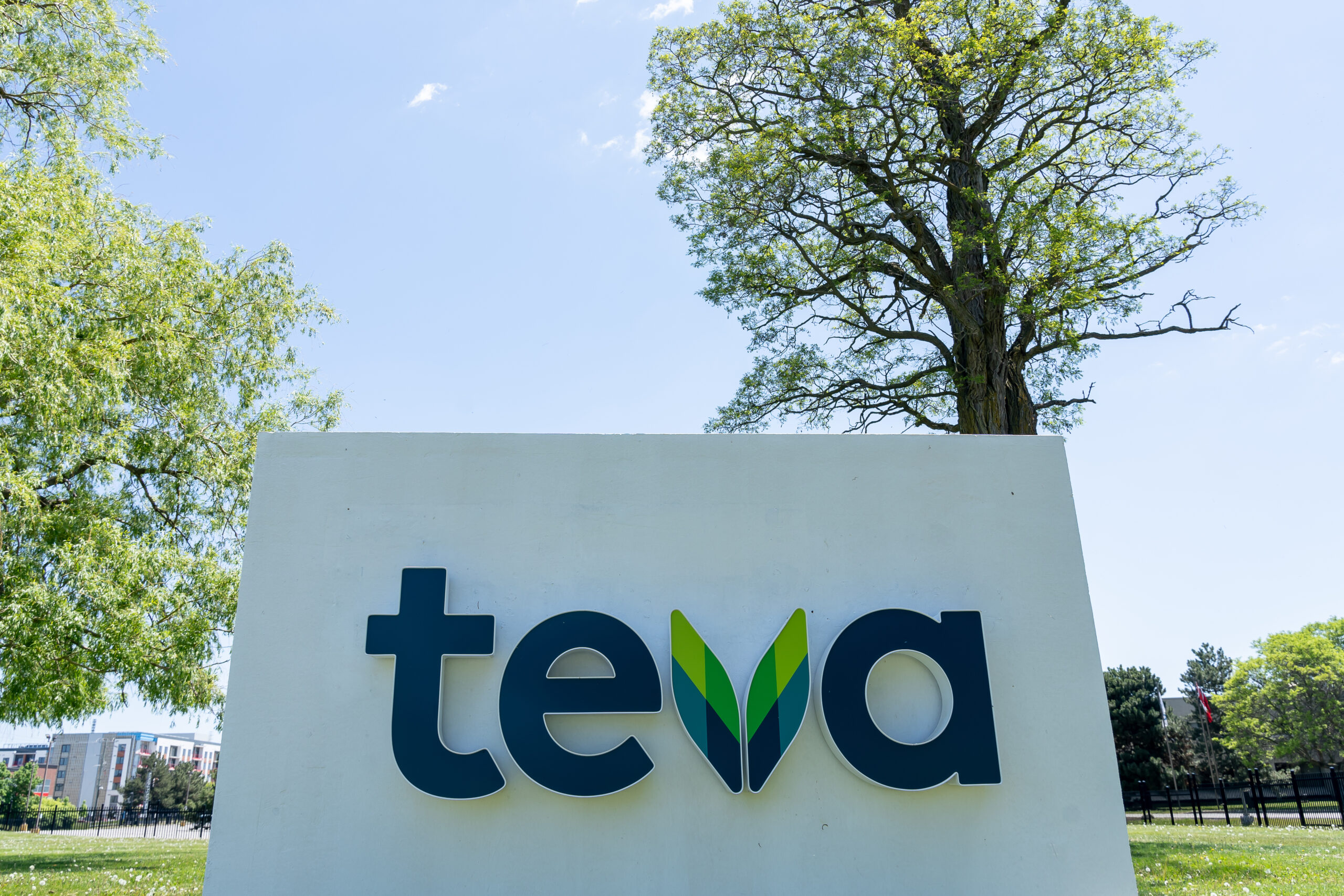On December 30, after a six months-long trial, a New York jury found that Teva Pharmaceuticals contributed to the opioid crisis by creating a public nuisance in Suffolk and Nassau counties and New York State. Attributing 90% of the liability to Teva and its Anda Inc. unit and 10% to New York State, the jury determined that by minimizing the risks of opioid addiction, pushing opioids for unapproved uses and flooding the market with painkillers, and skirting internal safeguards established to prevent the excessive distribution of the drugs, Teva added to the ongoing opioid crisis in the counties. Although Teva is best known as a manufacturer of generic drugs, the trial focused on two of the company’s fentanyl drugs, Actiq and Fentora, that are used to treat some cancer cases. In seeking redress for the public nuisance created by the drug manufacturers, the state and counties claimed that the opioid crisis has cost them hundreds of millions of dollars in addiction treatment bills, emergency services, and drug rehabilitation expenses. According to information maintained by the Centers for Disease Control, in 2019, opioid overdose deaths climbed above 1,600 in Nassau County and rose above 3,000 in Suffolk County. The state also argued that between 2010 and 2018 the rate of opioid-caused overdose deaths doubled.
When the trial started in August there were more than two dozen defendants most of whom settled out of court or were excised from the proceedings; comprised of drug manufacturers, distributors and pharmacy chains, including Allergan PLC, Amerisource Bergen; Johnson & Johnson, Endo International, Cardinal Health, McKesson Corp., Walmart, Rite Aid and CVS. Although the jury was asked to apportion responsibility against all defendants including those that settled, in the end they assessed 90% of the blame against Teva. In a statement released after the verdict on December 30, Teva stated:
Teva Pharmaceuticals…..strongly disagrees with today’s outcome and will prepare for a swift appeal as well as continue to pursue a mistrial.
In NY, the plaintiffs presented no evidence of medically unnecessary prescriptions, suspicious or diverted orders, no evidence of oversupply by the defendants – or any indication of what volumes were appropriate – and no causal relationship between Teva’s conduct including its marketing and any harm to the public in the state.
Prior to deliberation, Teva sought a mistrial based on, among other issues, the state’s misrepresentation of the amount of opioids sold by Teva in NY by more than 500 times.
Damages will be assessed at a separate trial to be held later; Teva has asked for a mistrial and is intending to appeal the New York verdict.
In a related matter, on January 7, the state of Georgia, after initially rejecting the plan, joined the proposed $26 billion settlement that eliminated J&J, AmerisourceBergen, Cardinal Health and McKesson from the New York trial in July, 2021. The state will be allocated $636 million to be used in its efforts to combat the opioid crisis in Georgia.
Read more about the Opioid Litigation here.







